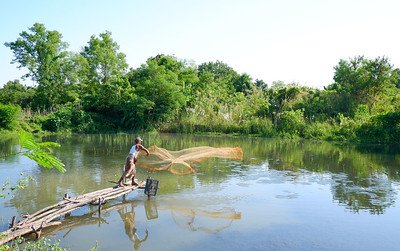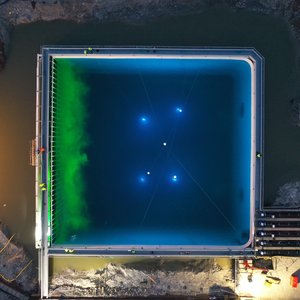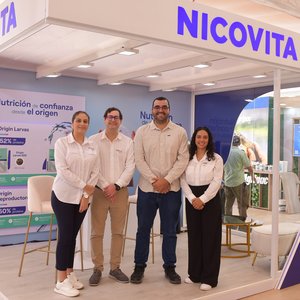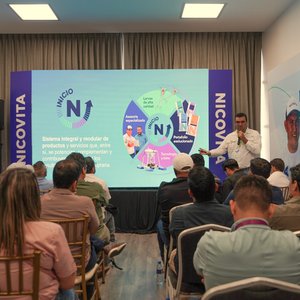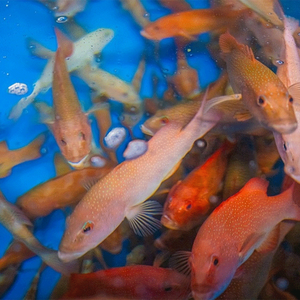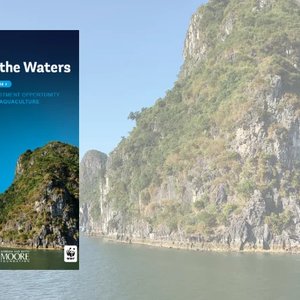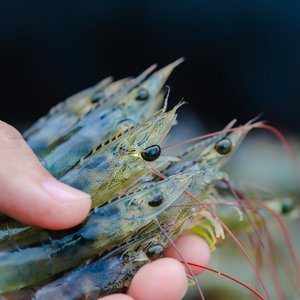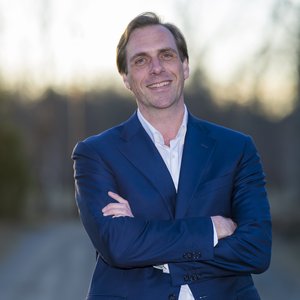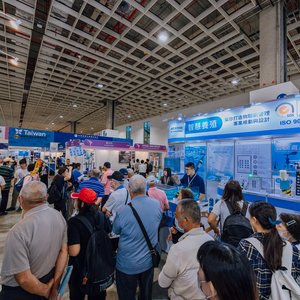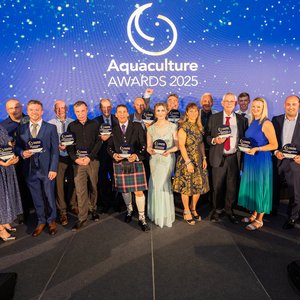WorldFish partnered with KYTOS to conduct research and development in the field of aquaculture microbiome, particularly for carp polyculture and tilapia farming systems.
Cutting-edge high-throughput tools are providing the aquaculture sector with biological insights offering new opportunities to better understand the microbiomes of farmed aquatic animals and the waters in which they grow. WorldFish project leader, Colin Shelley explained that “the better we understand the complex interactions between microbes associated with the aquatic species farmed, other organisms present in the system and the aquatic environment itself, the easier it will be in the future to make appropriate interventions to improve productivity and minimize disease incidence. This work will underpin the next generation of best management practices, generating enormous amounts of data, which can be used to drive future interactive decision-making systems for farmers.”
As a precursor to further investment in this field, WorldFish, in partnership with KYTOS, has taken on two interns. Bui Ngoc Minh Ngan will be reviewing the current state of knowledge of the microbiomes of carp polyculture systems, while Ms. Johnabel Huavas will be doing the same for tilapia farming systems, both key aquaculture sectors that WorldFish works in.
KYTOS co-founder and CEO, Ruben Props said that “organizations, such as WorldFish and individual aquaculture companies, can build their own in-house microbiome knowledge bases, which through our artificial intelligence (AI) and machine learning have the potential to transform aquaculture practices across the entire value chain. In our work with the prawn farming sector, we’ve already shown how routine microbiome health insights can help identify and mitigate potential disease events in ponds and underpin improved hatchery operations.”
Both interns are funded under the WorldFish project, Aquaculture: Increasing income, diversifying diets and empowering women in Bangladesh and Nigeria. The project, funded by the Bill and Melinda Gates Foundation, aims to enhance the incomes, diets and nutrition of smallholder families.


